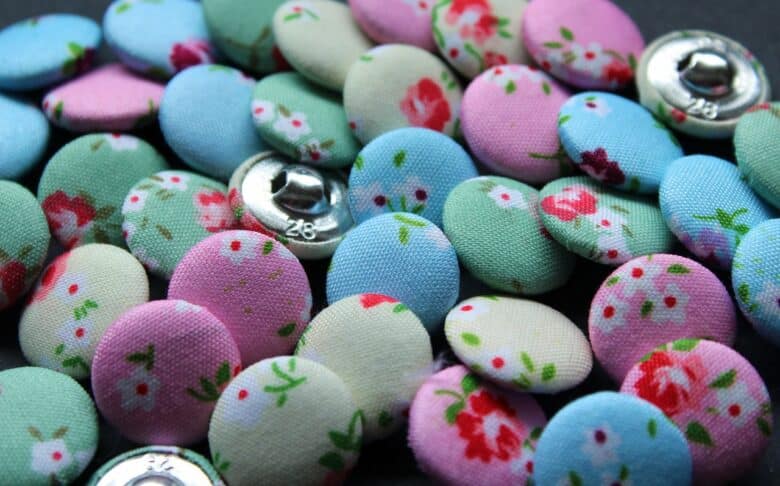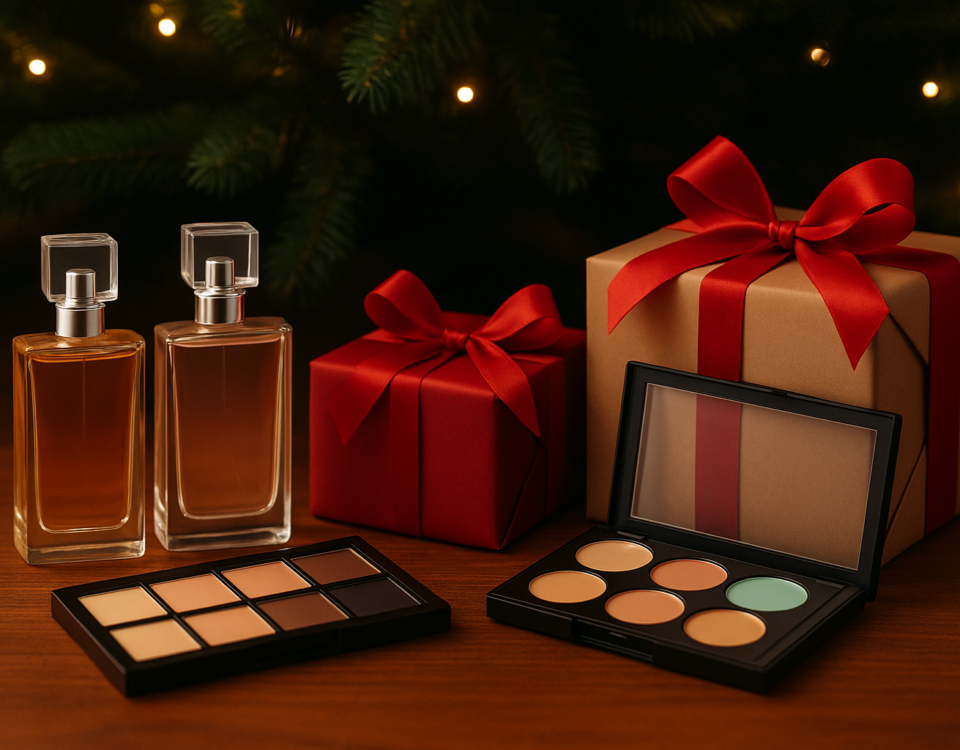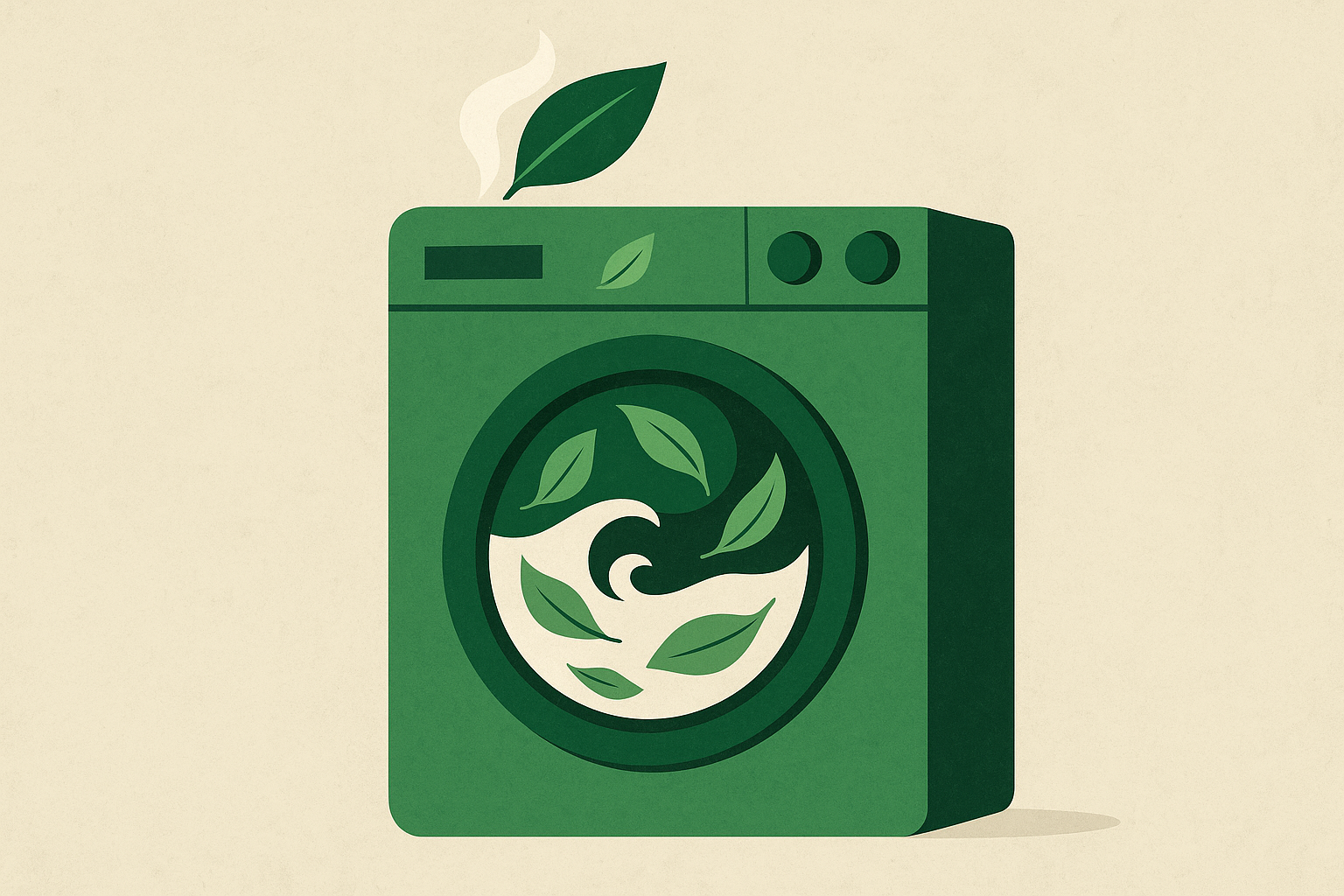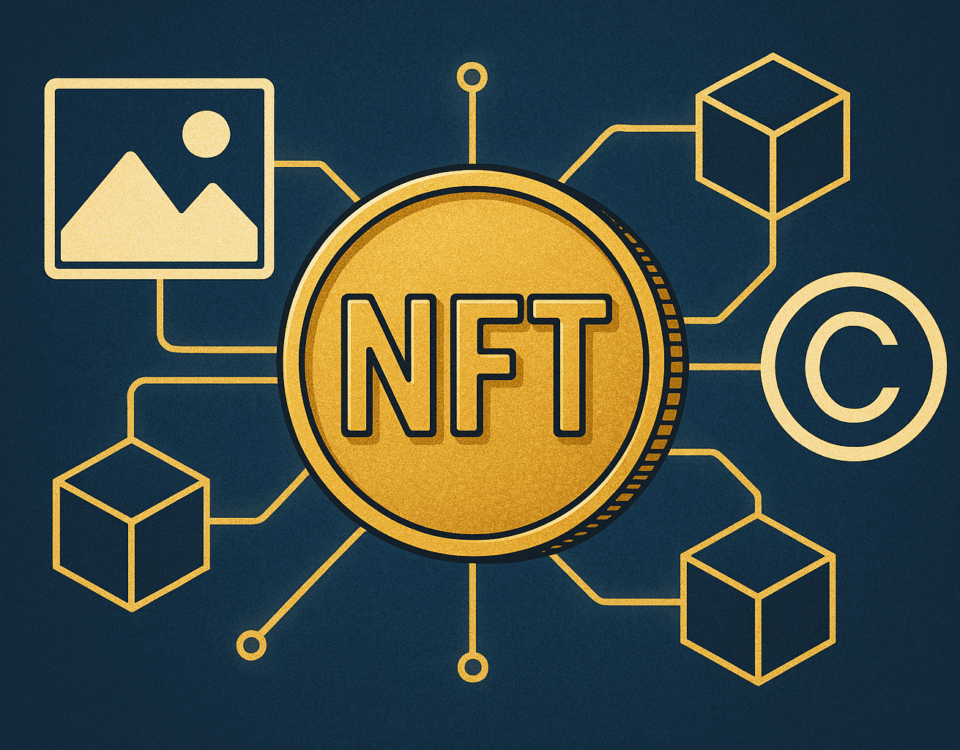
2-0 for Hermès
July 10, 2023
New developments in the field of employee creations
July 21, 2023
On June 22, Chanel sued an American company selling buttons from the famous French luxury house, transformed into jewelry, for trademark counterfeiting and unfair competition.
This practice, known as upcycling, seems to be an ideal solution in a world where demands for sustainability and environmentally-friendly measures continue to grow. Yet trademark owners are concerned about the practice.
What is upcycling? What are the risks for consumers, but also for the companies marketing these upcycled products?
Upcycling is the reuse of an existing product to make a new one that is more valuable, or at least designed to be more valuable.
⚠️ Upcycled products ≠ second-hand products
In the dispute between Chanel and an American jewelry company, the former is accusing the latter of selling chains embellished with old Chanel buttons as pendants, creating necklaces and bracelets bearing the original brand’s signature monogram (the interlaced double C).
It should be noted that if you purchase a product legally, you are of course free to use and resell it as you wish, and the trademark owner has no right to prevent you from doing so.
However, it is the marketing of these products that poses a legal problem, since the trademark owner can oppose further marketing of the products if he has a legitimate reason to do so, which may be the case if the product has been changed or modified into something substantially different.
For luxury brands, the misappropriation of these genuine buttons (or any part of their products in general) is intended to take undue advantage of their reputation and damage their brand image – the consumer may be misled as to the jewel’s origin.
The question also arises as to the authenticity of the buttons: it is impossible to be certain of the origin and authenticity of the buttons, especially if there is no stamp on the back; the most recent buttons are not signed.
The practice of upcycling, both creative and ecological, could be a step towards safeguarding the environment, but it doesn’t necessarily involve trademark infringement.
Many brand owners are already involved in upcycling, either alone or in collaboration with specialized upcycling companies, through cross-licensing agreements.
Don’t hesitate to contact us: Mark & Law can help you.
Don’t hesitate to contact us: Mark & Law can also assist you in this process.
– Anaïs GREFFOZ, Intellectual Property Lawyer at Mark & Law



